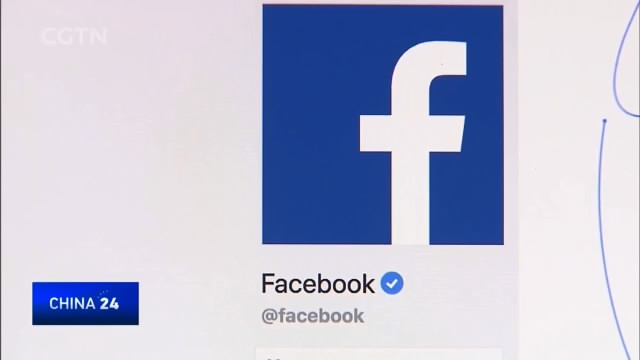
20:59, 13-Apr-2018
Data Privacy Protection: Public calls for more government action to protect user data

Facebook CEO Mark Zackerburg has just finished two days of US Congressional testimony about a privacy scandal affecting more than 87 million users. Here in China, protecting user information is just as pressing as it is in the US. Mi Jiayi talked to companies and analysts to find out what's going on.
Mark Zackerburg got some tough questions from members of congress, and many Chinese have been paying close attention to the congressional questions and to his answers. From our street interviews, it seems local people feel somewhat helpless when faced with privacy violations online.
"I don't think people want to trade their privacy away for anything. I hate it when a stranger calls me and asks for me by name, but there's nothing I can do."
"I think users will have a big influence on companies. It's like this - if users care enough, they will make companies do something to protect their data, but if you don't care, companies will just use your information to make more money."
People's daily activities generate a lot of personal data - from things like online shopping, food deliveries, and cab hailing. With all that information on hand, however, the companies are motivated to use it, rather than protect it. What are the companies thinking? We talked to an internet company that evaluates credit risks for finance firms using the personal data that it acquires.
JIANG QINGJUN, CEO SUAN HUA "If companies make use of their users' private information, they can generate a lot of profits. And in fact, many companies' development potential relies on how they can use big data, and how much data they can get. So for some companies, protecting the data does not make as much sense as using it to develop profits."
Jiang says although companies would incur additional costs by ensuring the protection of users' information, that's not the key issue. He says the government should step in and keep a closer eye on companies to make them do what they might not be willing to do on their own. What would that involve?
PROF. WANG CHAO VICE CHAIR OF IEEE CHINA COUNCIL, SHANGHAI UNIV. "When a city planner is using big data to develop a smart city, they use a data masking technique to block sensitive personal information, like your ID number and your mobile phone number. But some companies are doing what even the government won't do in data analysis."
Wang says it's not the single bits of information being leaked that is the most worrying issue, but rather that a full data image of individuals can emerge from a collection of all their data. Both Jiang and Wang say the country needs a stricter legal environment for personal data protection, and that the Facebook case should serve as a lesson for Chinese companies.

SITEMAP
Copyright © 2018 CGTN. Beijing ICP prepared NO.16065310-3
Copyright © 2018 CGTN. Beijing ICP prepared NO.16065310-3